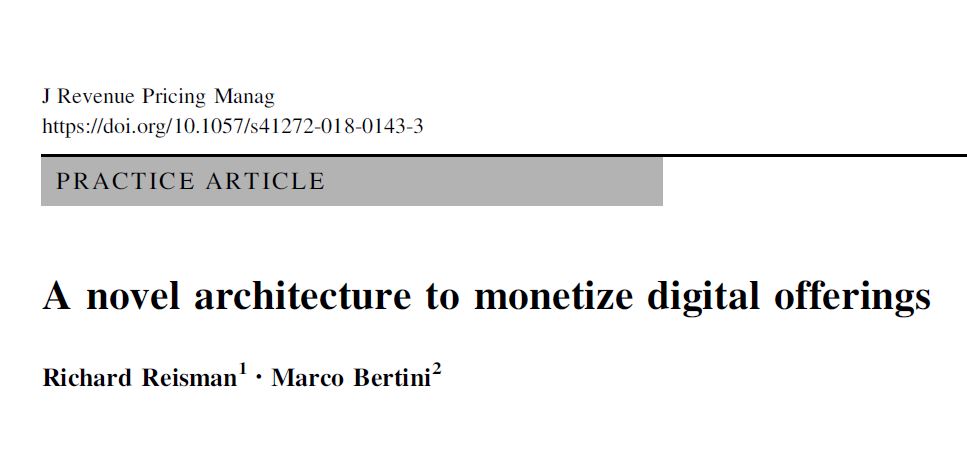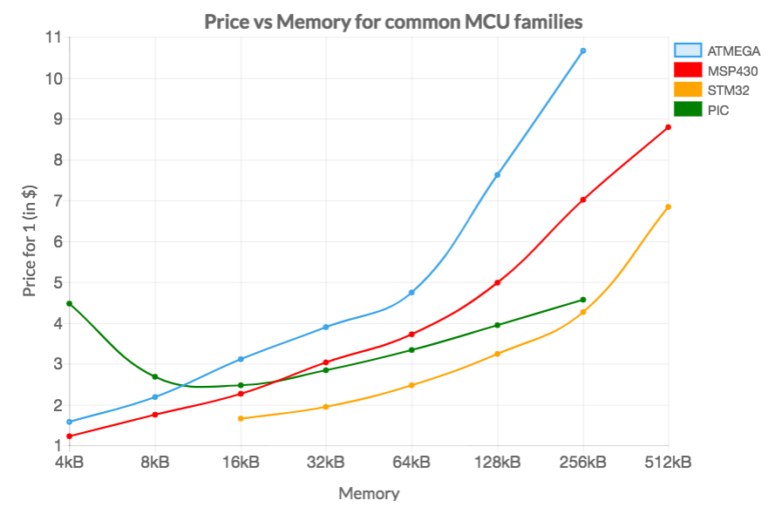Understanding the intricacies of pricing in business law within the United States is crucial for navigating the complexities of the market. This exploration delves into the legal frameworks governing pricing strategies, examining various aspects from competitive practices to anti-trust regulations. The analysis provides a valuable insight into the key considerations businesses must adhere to when establishing pricing models.
This document examines the legal landscape of pricing in the US, highlighting the critical considerations businesses face. It Artikels the legal requirements, common challenges, and best practices for compliant pricing strategies.
Dear Colleagues,Please find below a comprehensive article on the fascinating topic of sustainable urban development, complete with an accompanying image. I hope you find it informative and thought-provoking.

The relentless growth of urban centers worldwide presents both exciting opportunities and significant challenges. As populations surge and demands on resources intensify, the need for sustainable urban development practices becomes increasingly critical. This article explores the multifaceted nature of sustainable urban development, examining key strategies, and highlighting the importance of a holistic approach to building resilient and thriving cities for future generations.
Understanding the Core Principles of Sustainable Urban Development
Sustainable urban development transcends the simple notion of environmental protection. It encompasses a holistic approach that integrates economic, social, and environmental considerations. At its core, sustainable urban development aims to create cities that are:
- Environmentally Sound: Minimizing the ecological footprint, promoting renewable energy, and conserving natural resources are paramount.
- Economically Viable: Creating job opportunities, fostering innovation, and promoting sustainable industries are crucial for long-term prosperity.
- Socially Equitable: Ensuring access to essential services, promoting inclusivity, and fostering a sense of community are vital for a just and equitable society.
Key Strategies for Sustainable Urban Development
Implementing sustainable urban development requires a multi-pronged approach. Key strategies include:

- Promoting Green Infrastructure: Integrating parks, green roofs, and urban forests to enhance biodiversity, improve air quality, and regulate temperatures.
- Enhancing Public Transportation: Investing in efficient and accessible public transportation systems to reduce reliance on private vehicles and mitigate traffic congestion.
- Developing Sustainable Housing: Promoting energy-efficient building designs, encouraging the use of sustainable materials, and fostering mixed-use developments to optimize land use.
- Implementing Waste Management Systems: Implementing robust and comprehensive waste management systems to minimize landfill waste, promote recycling, and encourage composting.
- Encouraging Community Engagement: Fostering active participation from residents and stakeholders throughout the planning and implementation phases of sustainable development projects.
The Role of Technology in Sustainable Urban Development

Technological advancements play a critical role in driving sustainable urban development. Smart city initiatives, leveraging data analytics and automation, can optimize resource allocation, enhance infrastructure management, and improve urban planning.
Addressing Challenges and Fostering Collaboration
While the benefits of sustainable urban development are significant, challenges remain. These include securing funding, overcoming bureaucratic hurdles, and fostering collaboration among diverse stakeholders. Successful implementation requires strong political will, community engagement, and a shared vision for a sustainable future.
Conclusion
Sustainable urban development is not merely an environmental imperative; it is a crucial component of creating thriving, resilient, and equitable cities for present and future generations. By embracing a holistic approach that integrates economic, social, and environmental considerations, and leveraging the power of technology, we can build cities that are not only beautiful but also sustainable and prosperous. The future of urban living depends on our collective commitment to these principles.

Further Reading
For further exploration on this topic, consider researching the work of the United Nations, the World Bank, and various academic institutions focusing on urban planning and sustainability.
Questions Often Asked
What are the key federal agencies involved in regulating pricing practices?
The Federal Trade Commission (FTC) and the Department of Justice (DOJ) are the primary federal agencies responsible for enforcing antitrust laws related to pricing. State attorneys general also play a significant role in pursuing cases related to pricing.

How does price fixing impact businesses?
Price fixing, which involves colluding to set prices, can result in significant penalties, including hefty fines and potential criminal charges. It also harms consumers by restricting their choices and driving up prices.
What are some examples of deceptive pricing practices?
Deceptive pricing practices include bait-and-switch tactics, falsely advertising a low price, or concealing additional fees. These actions violate consumer protection laws and can lead to legal repercussions.
What are the legal implications of predatory pricing?
Predatory pricing, the intentional lowering of prices to eliminate competitors, can be illegal under antitrust laws if it’s intended to harm competition. The intent and effect on competition are key factors in determining legality.













